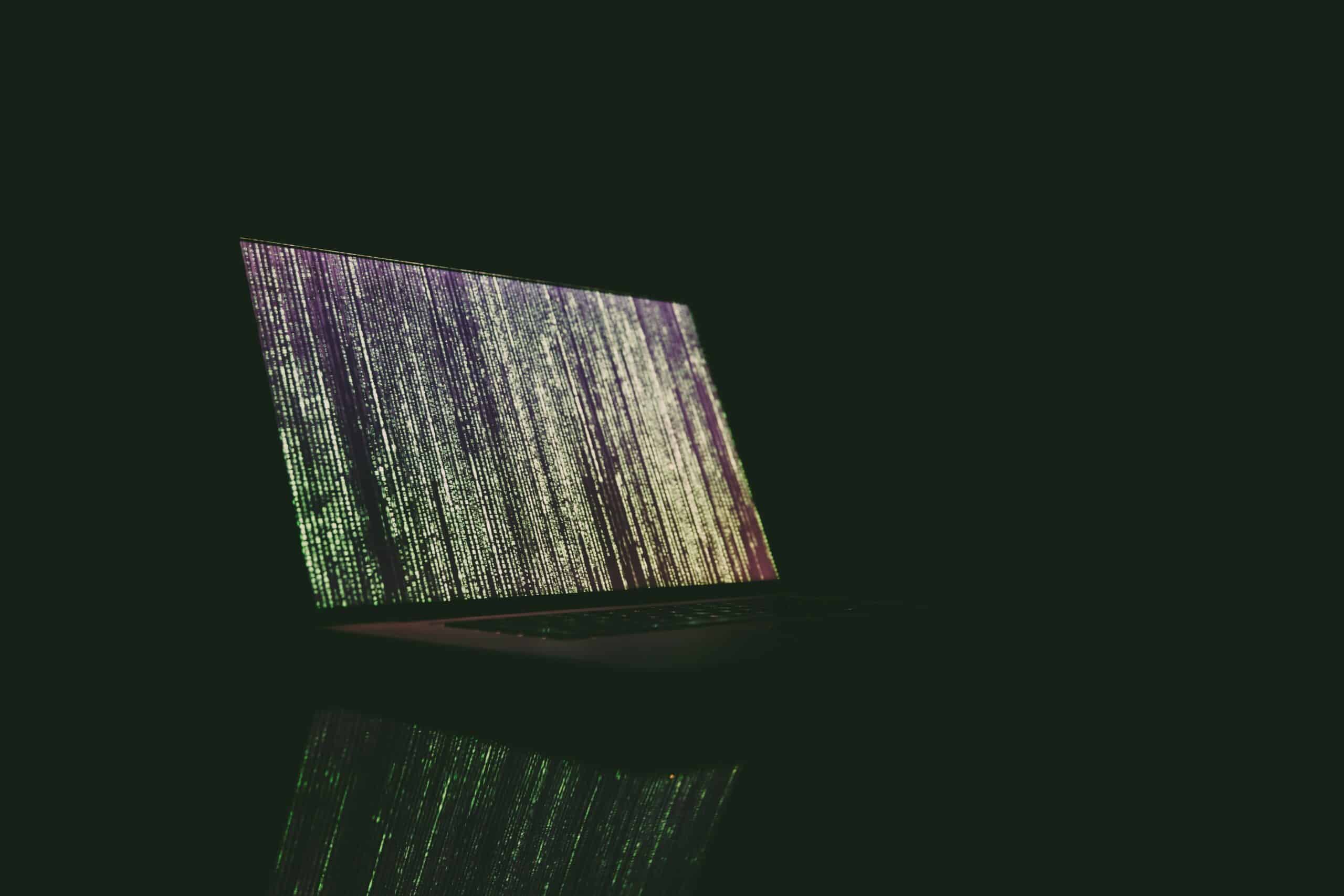India’s Department of Telecommunications (DoT) is jeopardising two crucial aspects of a safe and open internet — encrypted communications, and unhampered access — as outlined in the Draft Telecommunication Bill published yesterday, September 21, 2022. The DoT must immediately review and amend all provisions that risk the rights of people in India.
Through the Bill, the government seeks to consolidate and replace the existing framework governing the telecommunications sector in India, including the Indian Telegraph Act, 1885. In addition to conventional phone calls and SMS services, the Bill also seeks to regulate over-the-top (OTT) applications, including WhatsApp, Signal, and Facetime. These OTT platforms offer end-to-end encryption (E2EE) for calls and messages, and enable privacy and security.
“India’s Draft Telecommunication Bill is yet another attack on end-to-end encryption, and people’s fundamental rights and freedoms, following the invasive IT Rules, 2021,” said Namrata Maheshwari, Asia Pacific Policy Counsel at Access Now. “E2EE is crucial not only for people’s privacy, free expression, and safety, but also to protect democratic principles. The Bill, and any framework impacting encrypted communications services, must categorically prevent measures to break, weaken, or circumvent encryption.”
The Bill carries provisions that will undermine fundamental rights, and authorises the government to direct interception and disclosure of any messages, which could easily be used to undermine encryption, causing a debilitating effect on the right to privacy and freedom of expression.
The Draft Bill would also grant the government the right to shut down the internet, via empowering it to suspend telecommunication services. Shutdowns can never be justified and are a blatant attack on human rights, including the rights to free expression, information, and freedom of assembly.
“India is the world leader of internet shutdowns, and has held this rights-abusing title for four consecutive years,” said Felicia Anthonio, #KeepItOn Campaign Manager at Access Now. “Adopting the new Bill is a flagrant disregard for concerns raised by human rights groups regarding the proliferation of shutdowns in India and will only embolden authorities to continue this rights-harming practice with impunity. The Indian government must rather focus on adopting progressive legal frameworks that protect human rights.”
As the DoT awaits inputs from stakeholders, it must begin the process of amending the Draft Bill to ensure that end-to-end encryption, unhampered access to the internet, and people’s fundamental rights and freedoms are protected and strengthened.
Comments have been invited on the Bill with a deadline of October 20, 2022.
